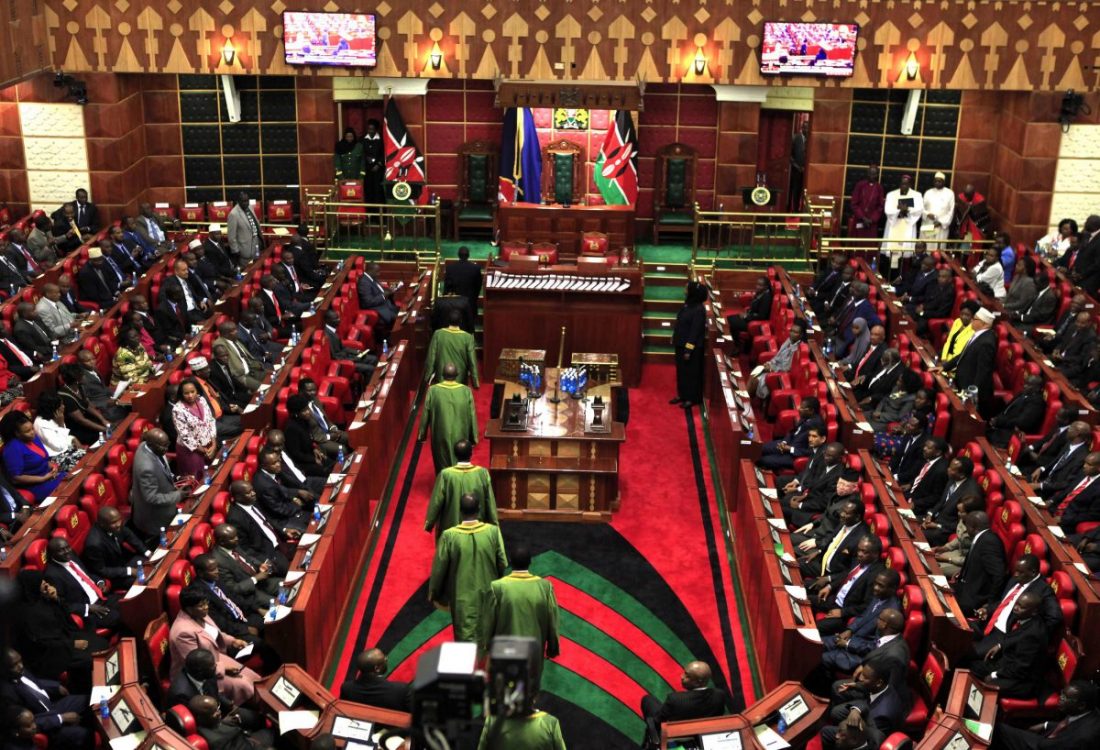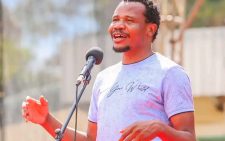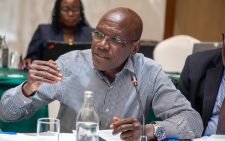Find amicable way to resolve CDF row

The three arms of government are, for the first under the new administration, finding themselves at loggerheads over how to resolve the conflict revolving around the National Government-Constituency Development Fund (NGCDF).
On the one hand, Members of Parliament want the Executive to release the Sh44 billion, which they say they need to address the many problems their constituents are facing. On the other, the National Treasury is willing to release the money but there is a Supreme Court ruling that declared the fund unconstitutional.
Leaders of the three arms can choose to see the problem in this dilemma. However, they can also choose to see a solution and use it as a test case on how they can create synergy by finding an amicable but legal solution.
At the heart of the dispute is the principle of separation of powers. The Legislature is expected to pass laws, which the Judiciary enforces and which the Executive implements. With NG-CDF, however, the Legislature encroaches on the powers of the Executive. This means the parliamentary role of oversight on the Executive is weakened as far as NG-CDF is concerned since the MPs pass the law to allocate it money and then go ahead to spend it. This makes it difficult for them to audit the process effectively. That is why the Judiciary had to step in.
Whereas this is the spirit of the law, on the ground the reality is different. Voters expect politicians to pay school fees, build access roads, finance the building of classrooms, commission water projects and so on. How is this to be done?
In the past, efforts to educate the public about the limits of the powers of MPs failed. MPs can pass all the laws they want, but the public is only interested in their impact at the grassroots. This is what made NG-CDF necessary although it flies in the face of the Constitution.
MPs have in recent weeks indicated they are willing to change the Constitution to provide for NG-CDF, but the President has warned them against altering the Supreme Law for personal or selfish gains. What is needed now is for the Attorney General and the Chief Justice to consult on how to legally unlock the impasse and for MPs and the Presidency to agree on the way forward before they make a move to change the Constitution.
This is a critical test for the future relationship between the three arms. Will they pass or flunk? The ball is in their court.















